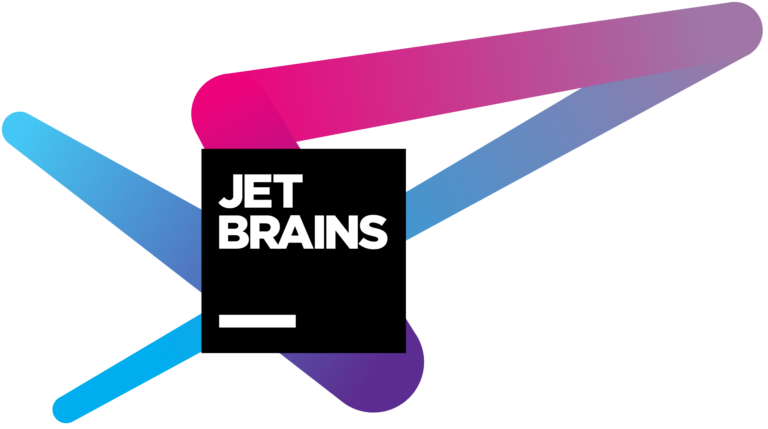
Dev tool provider JetBrains just released a first taster of TeamCity 2019.2. The new version of the CI/CD server promises flexible clean-up rules, more control over secret storage, and additional features in the experimental UI.
Prior to the release, only keeping successful builds with a certain tag or data belonging to personal projects during the automatic clean-up phase wasn’t really an option. In v2019.2, however, DevOps folks can use the project setting to specify which builds and data the process is supposed to consider. The newly added Clean-up Rules section lets them choose between different kinds of data to preserve (history, artifacts, logs, statistics, everything) and describe which other aspects the tool should take into account (status, tags, branches, etc).
To improve flexibility, JetBrains also added context parameters to its UI. Through them, users who store their project settings in a portable Kotlin DSL have a way of using it in different projects. Parameters are manageable via the Versioned Settings tab and have to be referenced in settings.kts to be of use.
Apart from the normal UI, TeamCity has been offering an experimental UI for a little while. In its latest iteration, the Build Details page sports redesigned Changes and Tests tabs, and an Agents page has been added. The latter supposedly loads quicker for large number of agents and offers status information for a pool’s agents.
Security was another issue on the TeamCity engineers’ minds, which is why the software now includes a tab for token management in the Version Settings. It allows users who have the option to store secure values outside version control enabled to view and copy project tokens, see which ones are unused and generate new ones if necessary.
Other enhancements include the option of running user-level actions on secondary nodes that don’t act as read-only servers and restoring backed up data on startup. Detailed information about the TeamCity release candidate can be found in the product’s Changelog.
